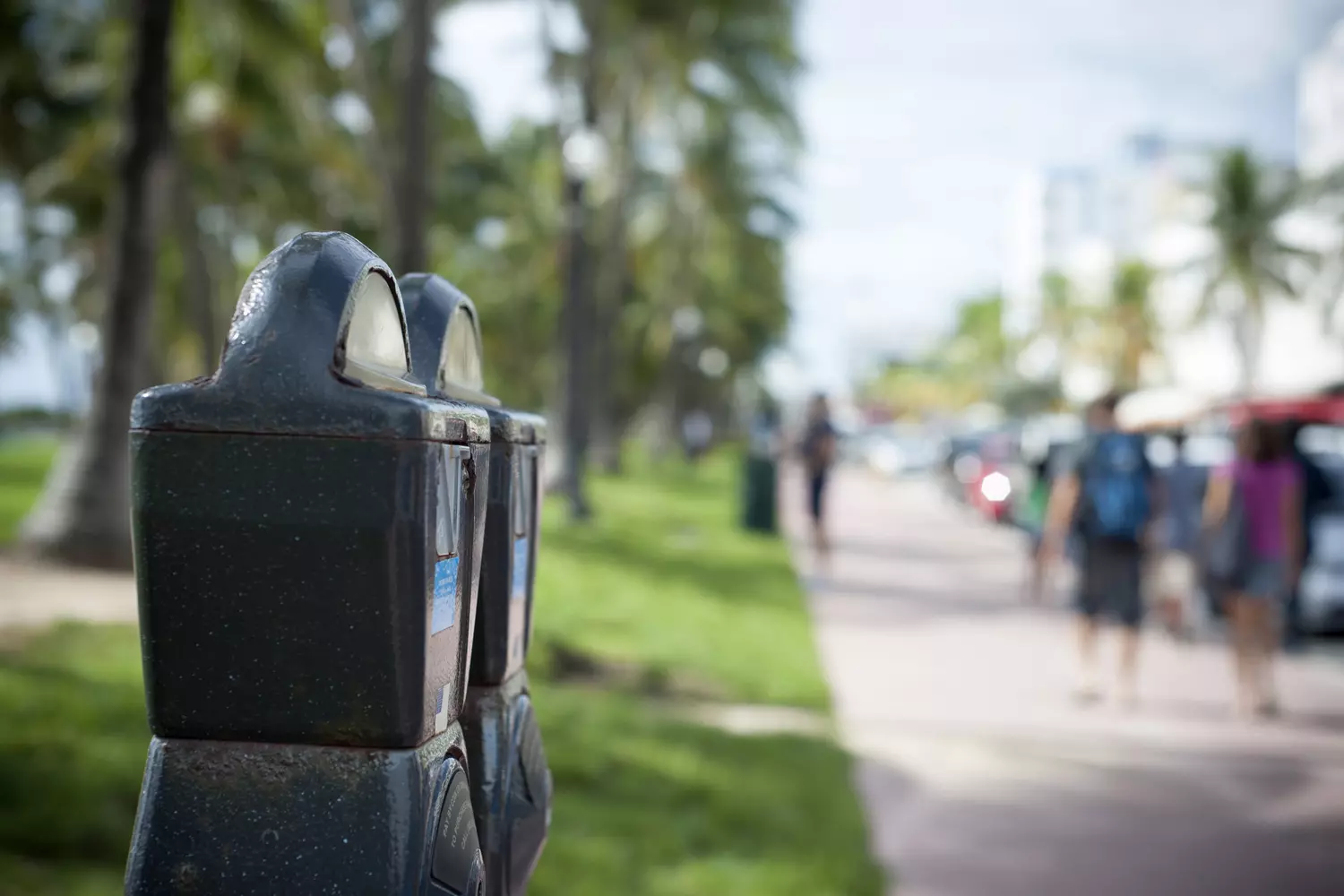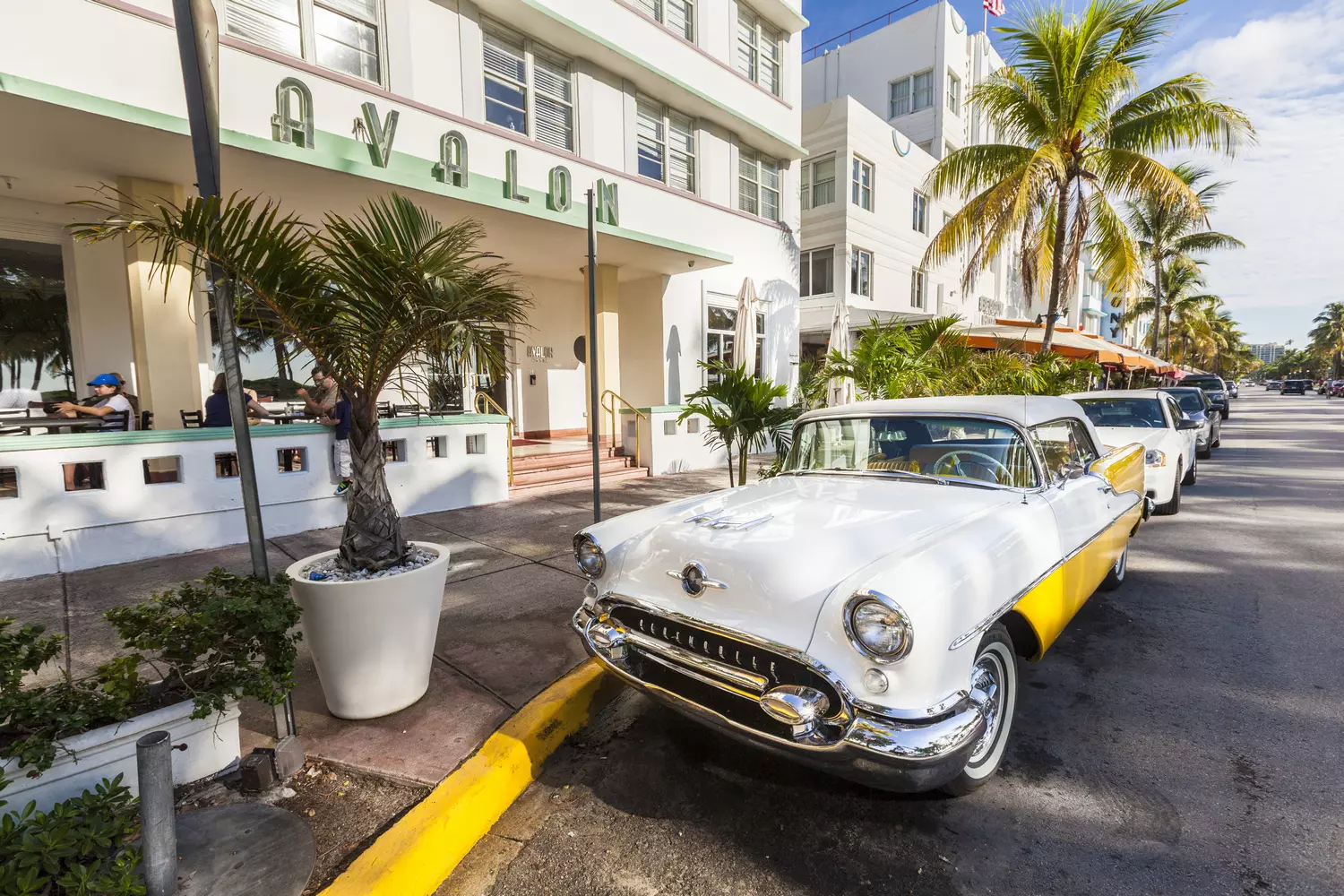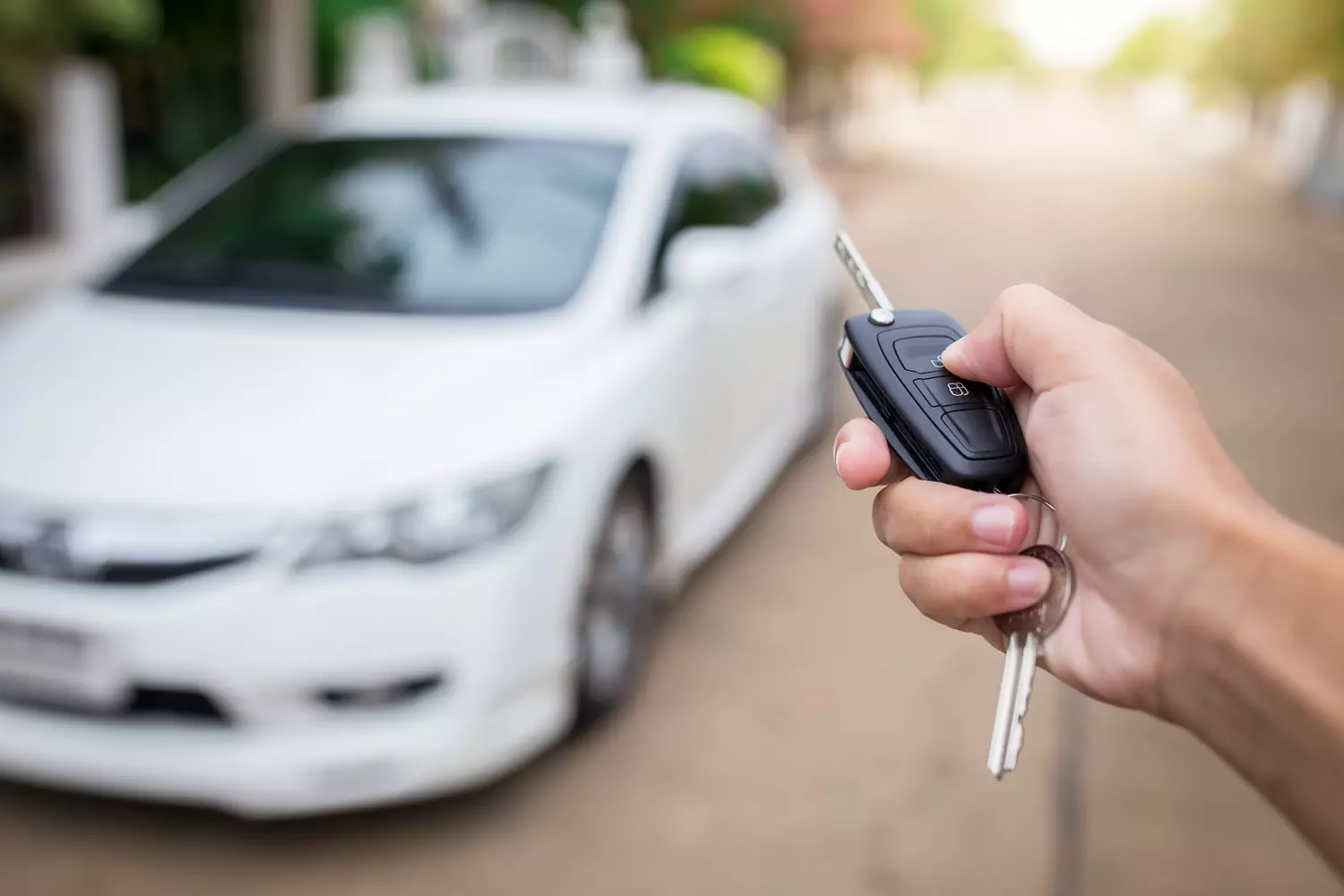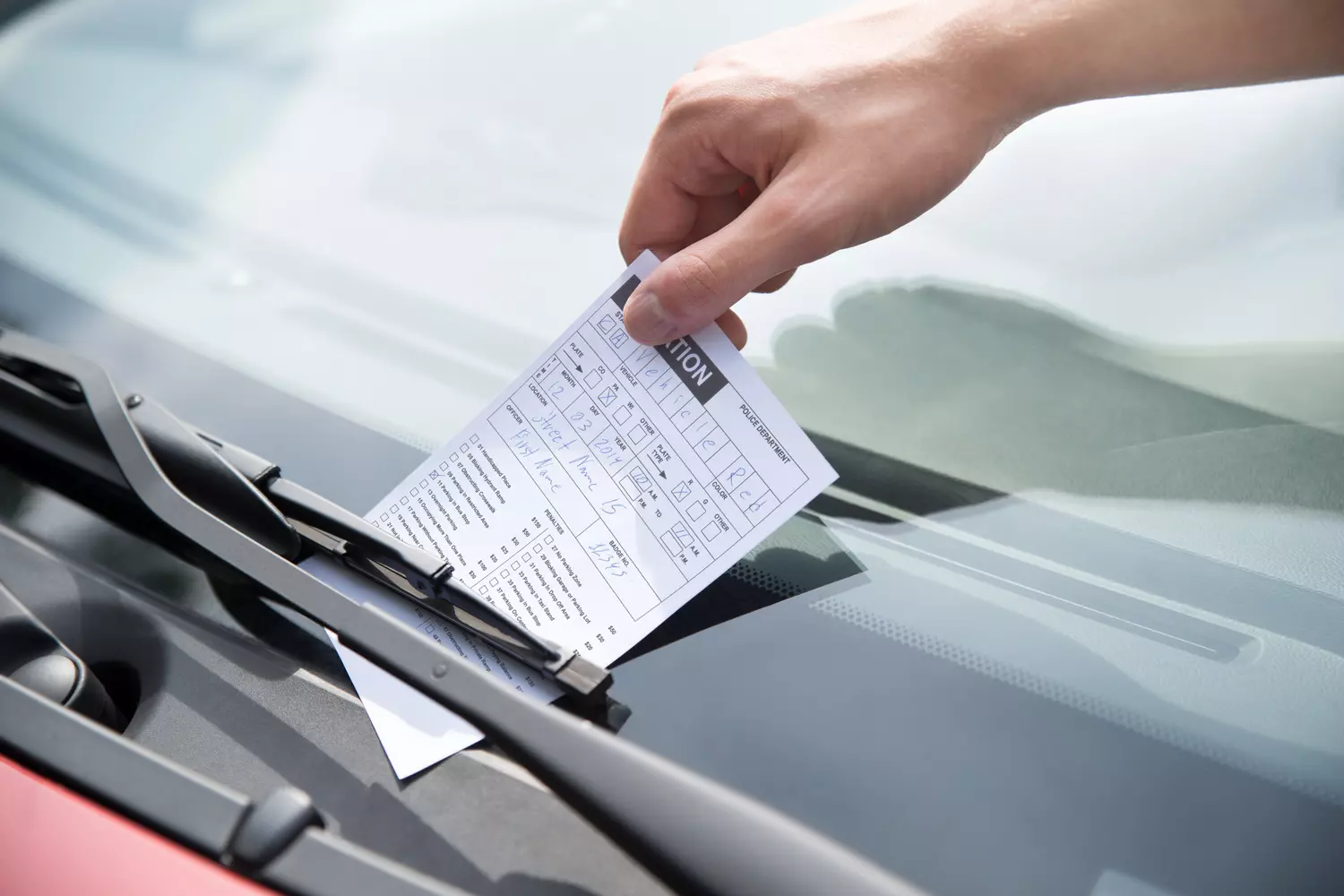Planning to live in Miami or just visit for a few days, and plan to drive a car? In addition to knowing local traffic rules, you’ll need to understand parking costs and other important aspects of parking in Miami, as there are certain unique details here.
Read on to learn where you can park in Miami, what apps to use for payment, and where your car might be towed if reported by well-meaning "helpers."

Everything About Parking Rules, Costs, and Locations
So, whether you're visiting Miami for a few days or planning to stay longer, it's important to familiarize yourself with the city's parking rules. You need to be aware that parking is not allowed everywhere, and there are specific regulations and guidelines to follow.
In the U.S., there are many places to park, as most people rely on cars to get around quickly and efficiently. However, it’s crucial to follow the rules set by local authorities and be prepared to pay for parking services. The parking rates in Miami can be steep for some tourists.
As long as you follow the local laws and traffic regulations, you won’t need to worry about your car being towed. You simply need to adhere to the basic requirements of parking in Miami. The rules for free and paid parking differ slightly.
Types of Parking in Miami
Miami offers several types of parking, each with its own features. Knowing where and how to park will help you avoid fines and save time.
- 01. On-street Parking
This is the most common type of parking found along city streets. These parking spaces are usually equipped with meters, and drivers must pay via an app or at parking machines. On-street parking can be found throughout Miami, but there are strict time limits. This is especially true in busy areas like Downtown and Brickell, where spaces can fill up within minutes. - 02. Parking Garages
In larger areas like South Beach and Downtown, you’ll find plenty of parking garages. This is a convenient option for those planning to stay for a few hours or even an entire day. These garages can be either paid or free (often in malls or public places). The cost depends on the location and the duration of your stay. - 03. Valet Parking
Valet parking is a convenient option for those who don’t want to waste time searching for a spot. Many restaurants, hotels, and shopping centers offer valet services. While convenient, keep in mind that valet services can be quite expensive, especially in upscale areas.

How to Park Correctly in Miami
Miami is a large and diverse city, and each district has its own parking nuances. While most parking spaces are paid, there are also free zones. These are usually located near beaches or public parks, but these spots tend to fill up quickly. It’s also important to pay close attention to signs to ensure that parking is indeed free and that there are no time restrictions.
Free Parking
- 01. In areas where no fee is charged (at large supermarkets, stores, and other public places), you cannot leave your car overnight. If you fail to comply, your vehicle may be towed to an impound lot.
- 02. At popular and frequently visited commercial areas, even if parking is free, you cannot leave your car unattended for long periods. In high-demand spots like the plazas in Sunny Isles Beach, you’ll likely encounter "helpful" people who report your actions. If you leave your car to visit the beach, a playground, or any other location, your vehicle may be towed, and there will be nothing you can do to dispute it. These areas have high parking demand, with many people looking for spots to visit the stores. Be cautious!
Paid Parking
Paid parking exists to be paid for, and any attempt to avoid payment will result in fines or your vehicle being towed! Parking prices in Miami can vary depending on the district (Miami Beach, Downtown, Hollywood, etc.), ranging from $1.25 to $10 per hour.
- Always park your car head-in on paid lots — this is a mandatory requirement. Failure to comply with this rule can triple your fine compared to the standard penalty for parking violations.
- Paid parking rates in Miami can be hourly, daily, or flat. For instance, public leisure areas like beaches often have a flat rate, where the fee is fixed regardless of how long the car stays. Payment is usually made to an attendant at the parking lot entrance.
- Payment for Miami parking services can be made using special cards, cash (small bills), or mobile apps like Park Mobile or Pay By Phone. If you pay cash at a meter, note that it does not provide change. The parking rate will be clearly displayed.

Prohibited Parking Areas in Miami
In Miami, there are several places where parking is strictly prohibited. Ignorance of these rules can result in hefty fines or even having your car towed. To avoid these situations, it’s important to know where parking is not allowed. Below are the key areas where parking is prohibited:
- 01. Parking in Handicapped Spaces Without a Permit
This is one of the most serious violations. Handicapped parking spaces are clearly marked with signs and ground markings. Parking here without the proper permit can result in fines up to $250 or more, and in some cases, your car may be towed. - 02. Parking Near Fire Hydrants
Parking near a fire hydrant is strictly prohibited. This rule exists to ensure that fire trucks have quick access to water in case of an emergency. Fines for parking within 15 feet (approximately 4.5 meters) of a hydrant range from $100 to $200. - 03. Parking in Loading Zones
Loading zones are typically located near shops, offices, and hotels. Parking in these zones is allowed only for commercial vehicles, and only for a limited time for loading or unloading goods. Violating parking rules in these zones can lead to fines ranging from $50 to $100, and your vehicle may be towed. - 04. Parking on Sidewalks
Parking on sidewalks is prohibited throughout all areas of Miami. Sidewalks are meant exclusively for pedestrians, and a car parked on the sidewalk creates an obstruction for foot traffic. Violating this rule can lead to fines ranging from $75 to $150, depending on the area. - 05. Parking in Time-Restricted Areas
In some parts of Miami, parking is only allowed during specific hours or on certain days of the week. For example, on some streets, parking may only be allowed during weekdays or within certain time windows (such as from 9:00 AM to 6:00 PM). Violating this rule can result in a fine or, in some cases, the towing of your vehicle. - 06. Parking on Private Property Without Permission
Unauthorized parking on private property without the owner's permission is another common violation. If you park in a private lot or on business premises without authorization, your car can be towed without notice. Fines for this violation can reach $100 to $150, in addition to the cost of towing your car.
Parking violations in Miami can lead to fines and having your car towed. Be vigilant!
Important Note
When paying for parking at a machine, it may ask you to enter your vehicle’s license plate number — make sure to provide this information and don’t leave the field blank. This helps simplify the automated system's verification process. Be sure to keep your parking receipt in case you need it later.
Towing Costs in Miami
Towing costs in Miami can vary depending on the location, the towing company, and the type of vehicle. The average price to tow a passenger car is between $100 and $150. However, if your car is parked in a prohibited area, on private property, or in an emergency service zone, the cost may increase due to additional fines.
For each day your vehicle is stored after being towed, you may be charged a storage fee — typically around $25 to $35 per day, depending on the towing service’s storage policies. Additionally, some towing services may charge for long-distance transport. For example, if your car is towed more than 10 miles, there could be an additional fee of $3–5 per mile. In some parts of Miami, where parking regulations are particularly strict, these costs can be even higher.
To avoid unnecessary towing expenses, it's important to always follow parking regulations and check street signs for parking permissions or restrictions in any given area.

Parking Costs in Miami
Parking in Miami can be expensive, especially in central areas and near popular tourist attractions. It’s important to know the rates in different zones ahead of time. Here are the basic pricing ranges:
- On-street parking:
$2–4 per hour. - Parking garages:
$10–25 depending on the area and time of day. - Valet parking:
$15–40 per service, depending on the location. - Free parking:
Usually available in more remote areas or near beaches, but spaces are limited.
Helpful Tips
To avoid fines and inconveniences, follow these simple recommendations:
- Use mobile apps for parking payments
Miami has several apps that allow you to quickly and easily pay for parking, such as PayByPhone and ParkMobile. - Pay attention to signs
Always check street signs, especially in downtown areas, to make sure parking is allowed. Some streets may have time restrictions or be closed for parking on certain days. - Look for parking garages
If you need to park for an extended period, garages often offer better deals compared to on-street parking. - Watch for time limits
Many on-street parking spots are time-limited, such as only allowing 2 hours during weekdays. After that, parking may become paid or prohibited.
How to Avoid Fines
Miami strictly enforces parking regulations, and fines for illegal parking can be steep. Here are a few ways to avoid unexpected expenses:
- 01. Check your parking time
If you’ve paid at a meter, always keep track of your time to avoid overstaying. - 02. Be mindful of loading zones
Parking in these areas is prohibited, and violations can result in fines. - 03. Avoid parking in handicapped spaces
If you don’t have a permit, parking in handicapped spots can result in fines of up to $250.
Parking in Miami may seem challenging, especially for tourists. However, by knowing the basic rules, types of parking, and the best places to park, you can avoid complications and enjoy your time in the city with ease. Follow these tips, use parking apps, and always check signs to ensure a smooth experience during your visit.

Rent a car and enjoy a wide range of concierge services in Florida's resort cities with American Butler. Our specialists can assist you with organizing dining and entertainment, renting property and vehicles, and handling everyday tasks such as cleaning, dog walking, household help, and more. By taking advantage of these services, you save time and avoid the common issues that tourists and newcomers to the city often face due to a lack of local knowledge.
The advantage of working with American Butler is our comprehensive coverage of all aspects of life in Miami. Turn to the professionals and spare yourself from the stress of dealing with various daily tasks and concerns! If you ever need assistance, you know where to find us — American Butler is always happy to help!
































